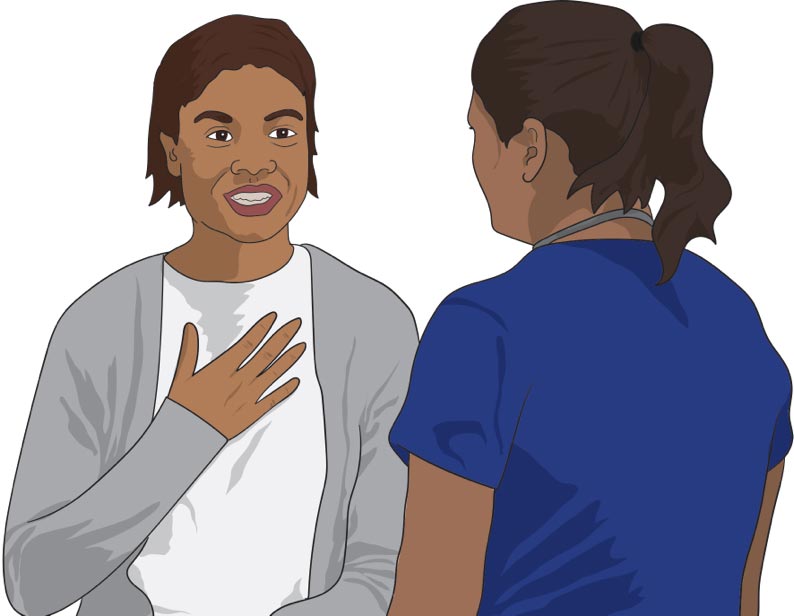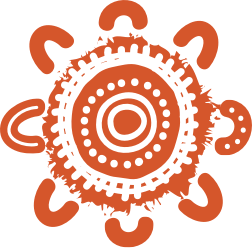- Home
- Cancer in our Mob
- What to do if I think I have cancer?

What to do if I think I have cancer?
If you’re wondering if you might have cancer, it’s important to have a yarn with your doctor, nurse or Aboriginal and/or Torres Strait Islander health worker as soon as possible.
Most symptoms are not cancer, but it is important to check and find out. Take someone with you if you would like. They can help ask questions, remember information, and support you with whatever has to happen next.
It can help to make a list of things you want to talk about.
You might like to think about these questions:
- Why do I need the test?
- Where do I have it?
- How do I get there?
- Can someone come with me?
- Will it cost me money?
- What happens during the test?
- When will I know the results?
- What will the test tell me?
What will happen if I go to the doctor?
The doctor, nurse or Aboriginal and/or Torres Strait Islander health worker will ask some questions to get an understanding of what’s going on for you and in your body. They will answer any questions you have and get you the help you need.
They might also want to complete a physical examination if you have a lump or a change in your body to show them.
They might want to do some tests, like blood tests or X-rays. These can help work out what’s going on.
If you’re worried your sexual organs might be affected by cancer, you can ask for male or female doctor and health workers. Following cultural protocol is important. Find out more about Women’s Business and Men's Business.
Test results
When you get test results, you might be told you have to see a specialist – a special doctor who looks closely at what is going on. This might mean more tests, and they can take some time. You may need to travel to a bigger town or city to see the specialist and have the tests. If you need to travel for tests or to see a specialist, there is assistance to help with transport and accommodation for you and your family.
It’s not easy waiting, but try to focus on having a healthy lifestyle, looking after yourself, remaining engaged in community and your cultural practices and being with your family to help keep your spirit strong.
Life with and after cancer
FIND OUT MORE
Where can I get help and support?
FIND OUT MORE



